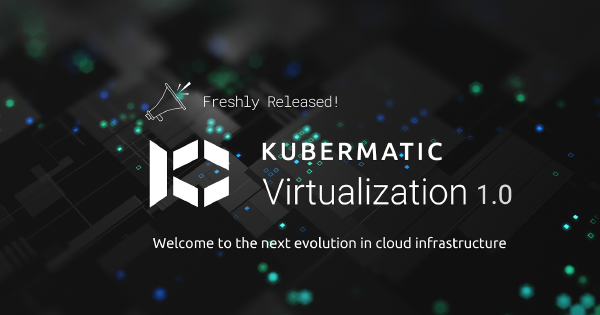


Discover the Must-Attend Kubermatic Talks at KubeCon Europe 2024!
Explore the can’t-miss Kubermatic sessions at KubeCon EU 2024, covering cloud-native topics such as AI, platform engineering, SIG release tooling, and more!

Building a Resilient Company Culture in Remote Setting
Discover how Kubermatic fosters resilience and inclusivity in remote work settings.

Celebrating kcp joining the CNCF Sandbox!
Discover the exciting journey as kcp officially joins the CNCF Sandbox! Explore the milestones, innovations, and the vibrant community spirit that mark this celebration in the world of cloud-native technologies.

Understanding the Impact of NIS2 Directive on Container Security in Europe
Explore the impact of the NIS2 Directive on container security within Europe’s digital landscape.

Navigating the Cloud Native Horizon: A Vision for 2024 and Beyond
Explore the future landscape of cloud-native technology in 2024 and beyond.
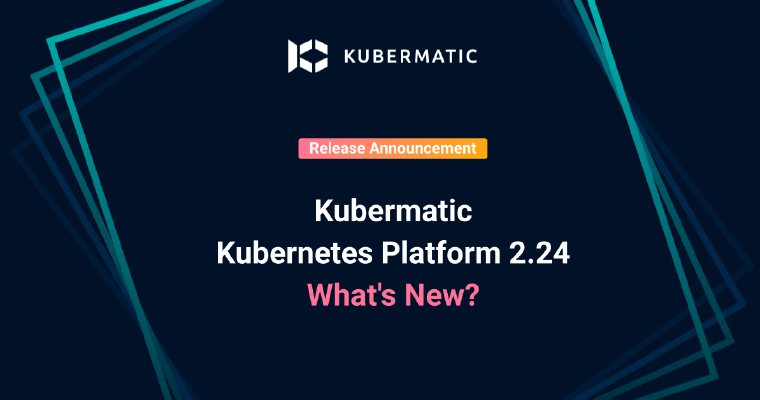
Meet KKP 2.24: Stability Enhanced With Exciting Features
We’re excited to announce the Kubernetes Platform 2.24 release that delivers the latest versions of open source software to make your Kubernetes journey even smoother.
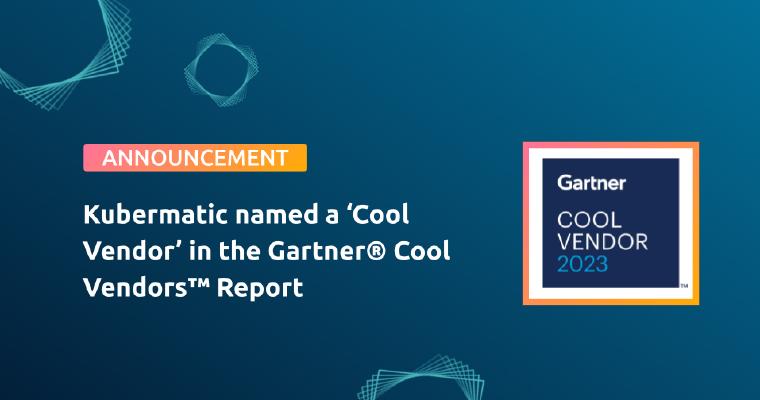
Kubermatic named in Gartner® Cool Vendors™
Kubermatic GmbH, a leading provider of automated kubernetes management solutions, has been recognized as one of the five ‘Cool Vendors’ in the August 2023 report by Gartner titled ‘Cool Vendors in Container Management’

Kubernetes Changing the Location of Linux Packages. What do you need to know?
The legacy Kubernetes Google-hosted package repositories have been deprecated and will be frozen from September 13. What do you need to know about this change and what steps do you need to take?
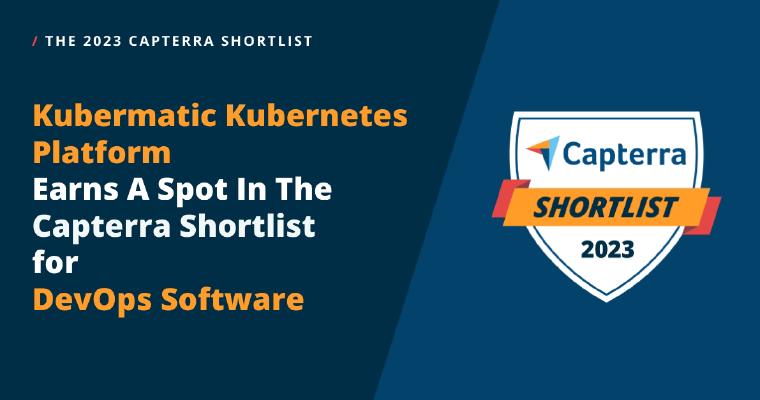
Kubermatic Kubernetes Platform Earns A Spot In The Capterra Shortlist for DevOps Software
Kubermatic Kubernetes Platform is proud to announce its mention in the flagship report of Capterra, a free online service that helps organizations find the right software. KKP is recognized in the 2023 Shortlist for DevOps Software.

Multi-Cluster Deployment Management with Nephio: A first Guide
Learn how Nephio simplifies complex deployment management across multiple clusters. Follow our guide to set up three Git repositories and Kubernetes clusters for streamlined multi-cluster deployments.
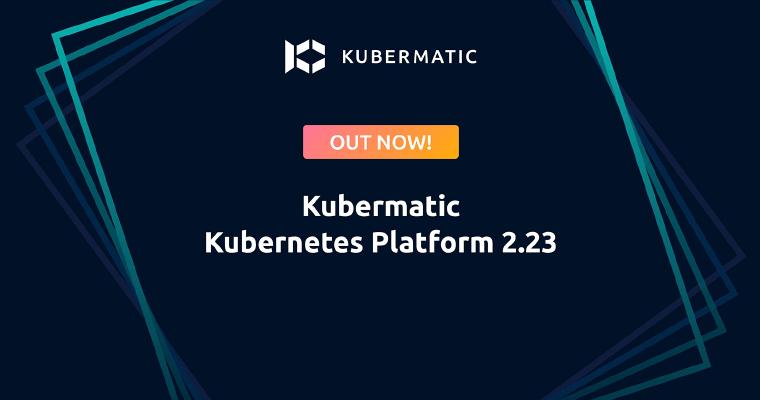
Meet KKP 2.23: Your Gateway to the most Cost-Effective Kubernetes-as-a-Service
Welcome to the world of multi-cloud Kubernetes management excellence! We’ve proud to announce KKP 2.23 which again makes the management of containerized workload in your bare-metal, edge and multi-cloud environment even easier.
Local Kubermatic Kubernetes Platform environment for experiments …

Kubermatic Sponsors CNCF Sandbox Application for kcp, the Control Plane of the Future
When building a scalable, multi-tenant platform like Kubermatic Kubernetes Platform, we think a lot about APIs. How users programmatically interact with our platform is a central key consideration and defines a significant part of the user experience.
We have been leveraging custom resources (as …
